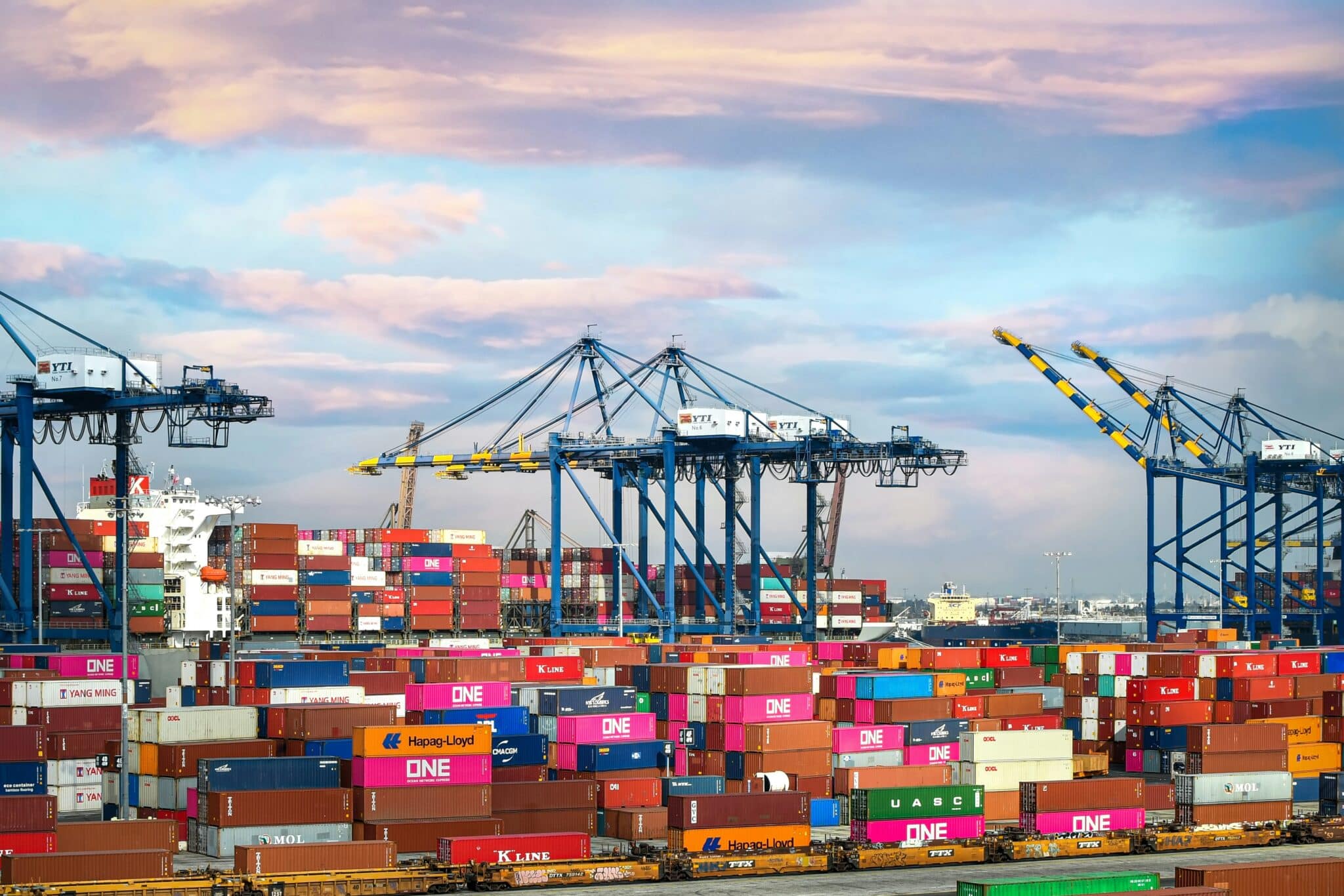The last year has been defined by disruption and volatility. The unprecedented rate of change seen in consumer behaviour was a large factor.
Looking ahead, there’s no tipping point on the horizon that will cause future prospects to settle into a predictable rhythm. Economic conditions are still uncertain thanks to ongoing scenarios and the shifts in the retail landscape that have been put in motion are going to continue developing.
Fundamental changes already coming through in the market include the news that Next is starting operation as a platform for other retailers and online giant Boohoo is buying up big high street brands.
Achieving high service levels
Especially in the face of global change and uncertainty, but even just in response to a particularly sunny weekend, demand surges and drops happen quickly and dramatically. There is little time to respond to this level of demand volatility.
For retailers to deliver high levels of experience to their end customer, availability is key. Many stores will demand high service levels and penalise poor performance from wholesalers. In order to maintain their order fulfilment rates whilst achieving the margin they require, wholesalers frequently look to higher levels of safety stock to act as a guarantee. This has an inevitable knock-on effect on cash flow.
Demand volatility requires better insights
The solution to the challenge of maintaining high service levels without tying up cash in safety stock lies in effective demand planning.
When operating in a dynamic environment, forecasting ability is the bedrock of agility and resilience. Everything comes back to cash. Tying up working capital by holding unnecessary buffer stock reduces resource and places pressure on the business. Being able to rely on better forecasting and demand planning to optimize inventory delivers benefit straight to the bottom line.
Systemised forecasting works at SKU level, applying the right model based on the latest patterns of demand as they emerge, in real-time. This means that the right forecast is used for the right product at the right time in response to where the item sits in the ABC XYZ categorisation and the phase it occupies in its lifecycle.
This level of adapting to increasing complexity and new market trends as they emerge requires multi-dimensional capability which is beyond a spreadsheet-based system.
The power of advanced forecasting
The AGR software is a solution that can deliver this level of analysis automatically. It identifies the inventory items to carry dependent on conditions including pick frequency and demand volatility. The software can set dynamic stocking policies and adjust reordering parameters at SKU level, making it possible to achieve high service levels without carrying large volumes of safety stock for every item.
As a result, stock levels can be reduced for lower priority items and lines can be cut when they reach the point of decline in their lifecycle. Carrying the required amount of stock for the items which are seeing demand and reducing unnecessary safety stock avoids the risk of costly stock-outs and releases cash that was previously tied up.
Wholesale and distribution firms need more than gut instinct, self-built spreadsheets and perception of the market to meet the unpredictable demands of consumers and the retailers they choose to buy from. The advanced forecasting capabilities within the AGR software minimise the risk of lost sales and not achieving service levels by enabling users to both cut inventory excess and reduce stock-out situations by 10–25%.
To find out exactly how much difference the AGR software could be making to your service levels, get in touch today.





